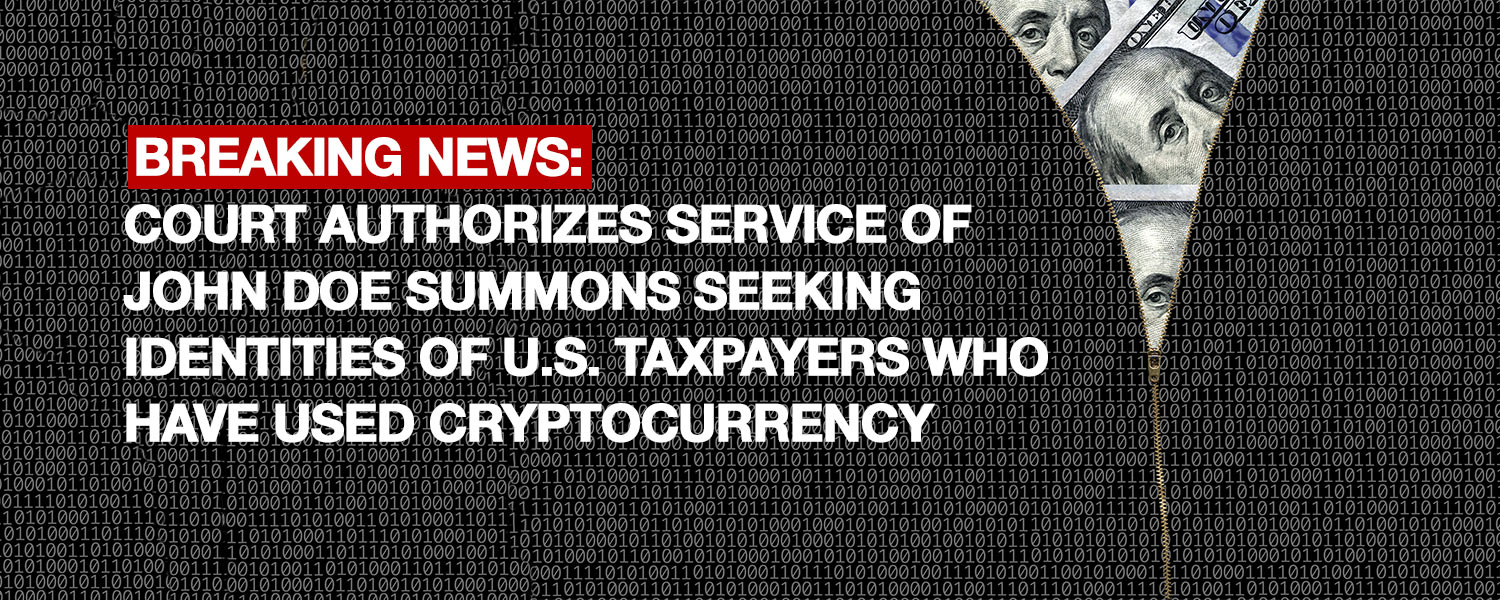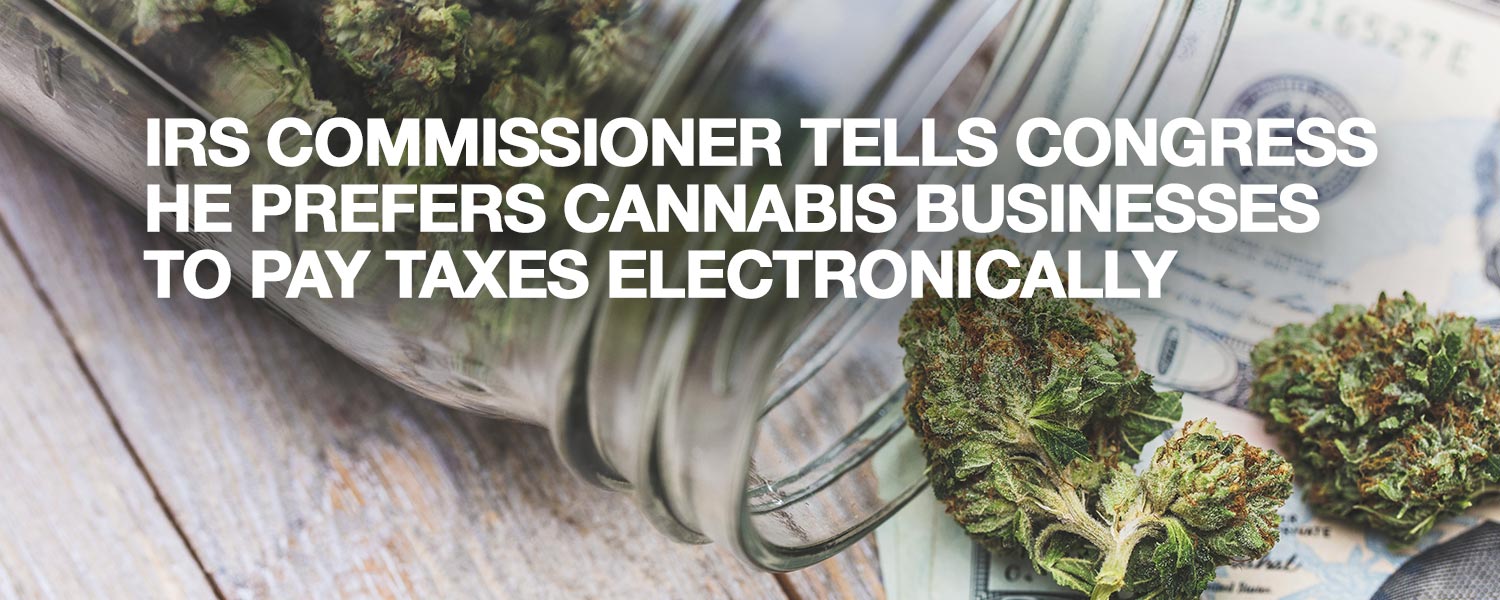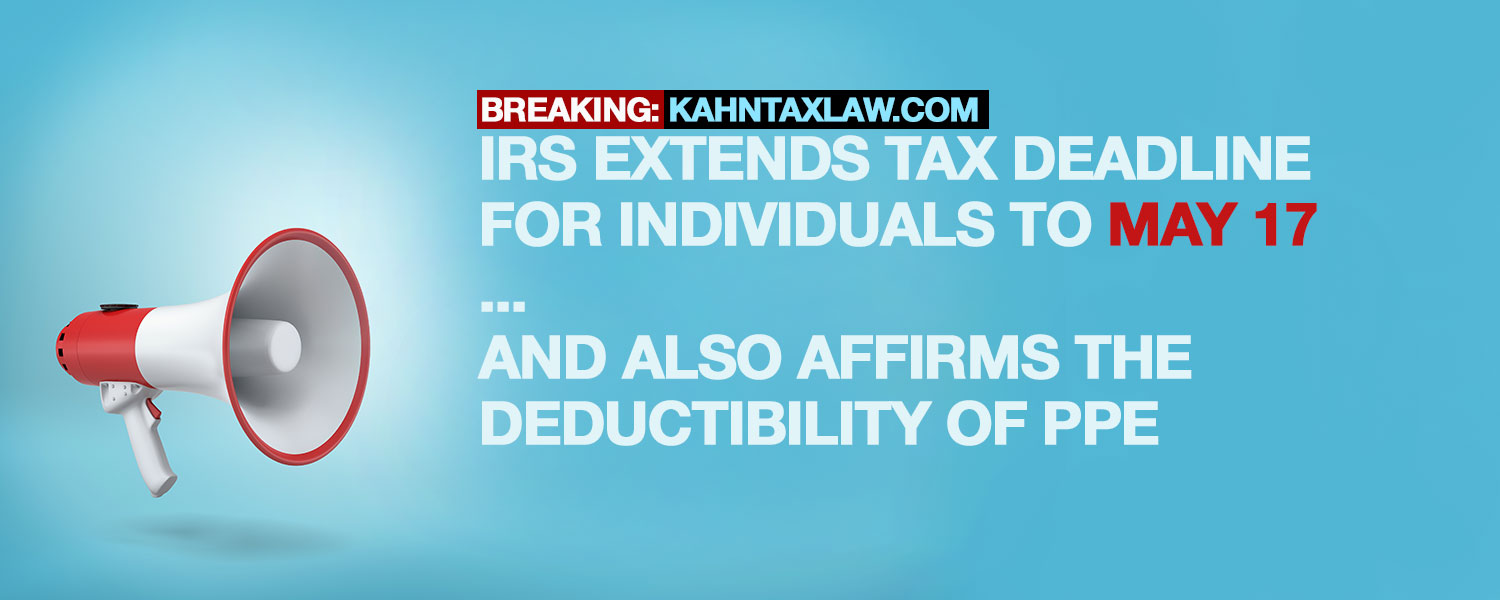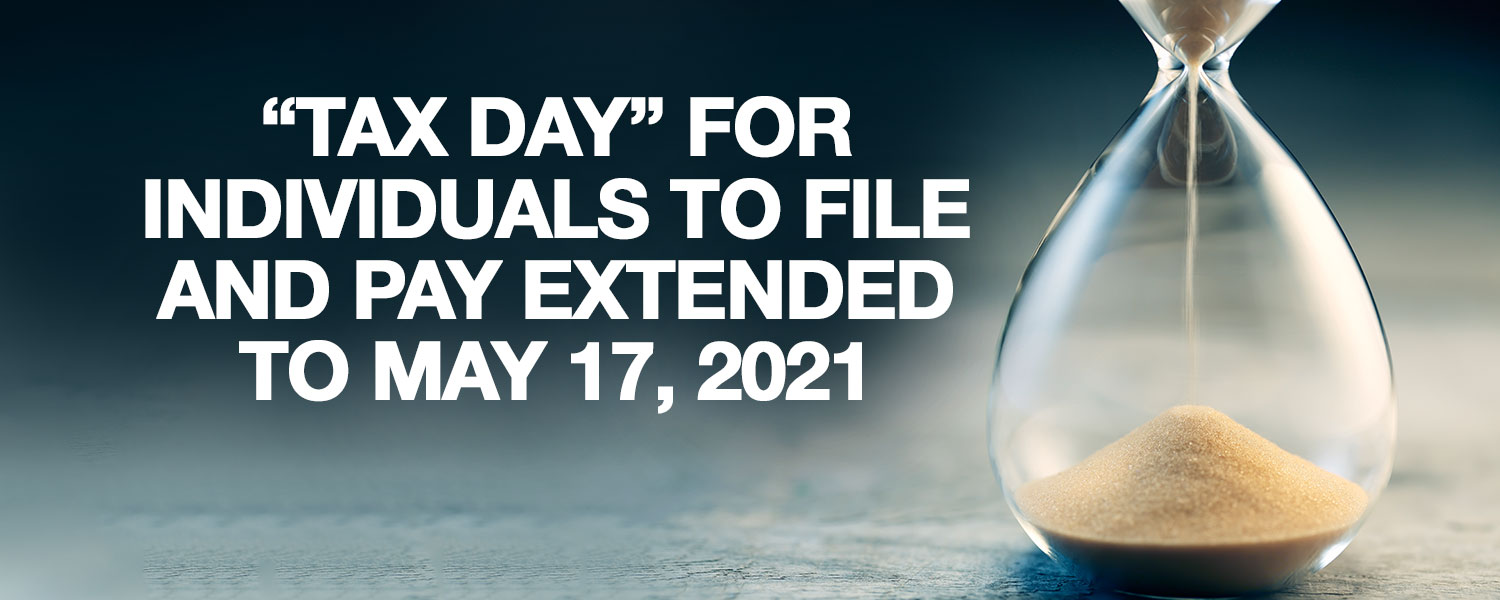First It Was Coinbase, Now It Is Poloniex – Court Authorizes Service of John Doe Summons Seeking Identities of U.S. Taxpayers Who Have Used Cryptocurrency
First It Was Coinbase, Now It Is Poloniex – Court Authorizes Service of John Doe Summons Seeking Identities of U.S. Taxpayers Who Have Used Cryptocurrency
Cryptocurrency / Bitcoin – Is this the 21st century answer to hiding assets in Swiss bank accounts?
The IRS thinks this is the case which is why in 2018 the IRS announced a Virtual Currency Compliance Campaign to address tax noncompliance related to the use of virtual currency through outreach and examinations of taxpayers. The IRS will remain actively engaged in addressing non-compliance related to virtual currency transactions through a variety of efforts, ranging from taxpayer education to audits to criminal investigations.
IRS Access To Cryptocurrency Transactions.
Following the success of the results of a John Doe Summons issued to Coinbase, Inc. as I previously reported, on April 1, 2021 the U.S. Department Of Justice announced that a federal court in the District of Massachusetts entered an order today authorizing the IRS to serve a John Doe summons on Circle Internet Financial Inc., or its predecessors, subsidiaries, divisions, and affiliates, including Poloniex LLC (collectively “Circle”), seeking information about U.S. taxpayers who conducted at least the equivalent of $20,000 in transactions in cryptocurrency during the years 2016 to 2020. The IRS is seeking the records of Americans who engaged in business with or through Circle, a digital currency exchanger headquartered in Boston.
Under the order, Circle will be required to turn over the names, addresses and tax identification numbers on its account holders. The Court has ordered Circle to produce the following customer information: (1) taxpayer ID number, (2) name, (3) birth date, (4) address, (5) records of account activity, including transaction logs or other records identifying the date, amount, and type of transaction (purchase/sale/exchange), the post transaction balance, and the names of counterparties to the transaction, and (6) all periodic statements of account or invoices (or the equivalent).
“Those who transact with cryptocurrency must meet their tax obligations like any other taxpayer,” said Acting Assistant Attorney General David A. Hubbert of the Justice Department’s Tax Division. “The Department of Justice will continue to work with the IRS to ensure that cryptocurrency owners are paying their fair share of taxes.”
“Tools like the John Doe summons authorized today send the clear message to U.S. taxpayers that the IRS is working to ensure that they are fully compliant in their use of virtual currency,” said IRS Commissioner Chuck Rettig. “The John Doe summons is a step to enable the IRS to uncover those who are failing to properly report their virtual currency transactions. We will enforce the law where we find systemic noncompliance or fraud.”
Cryptocurrency, as generally defined, is a digital representation of value. Because transactions in cryptocurrencies can be difficult to trace and have an inherently pseudo-anonymous aspect, taxpayers may be using them to hide taxable income from the IRS. In the court’s order, U.S. Judge Richard G. Stearns found that there is a reasonable basis for believing that cryptocurrency users may have failed to comply with federal tax laws.
Starting with 2019, Form 1040 Makes It Harder For U.S. Taxpayers To Avoid Non-compliance Or Claim Ignorance.
Since 2019, Form 1040, Schedule1, Additional Income and Adjustments to Income, now includes the following checkbox question:
At any time during [the calendar year], did you receive, sell, send, exchange or otherwise acquire any financial interest in any virtual currency? ◊ Yes ◊ No
Taxpayers who file Schedule 1 to report income or adjustments to income that can’t be entered directly on Form 1040 will now be required to check the appropriate box to answer the virtual currency question. Taxpayers do not need to file Schedule 1 if their answer to this question is NO and they do not have to file Schedule 1 for any other purpose. This requirement is similar to how the IRS includes questions on Schedule B inquiring whether a taxpayer has foreign bank accounts.
Taxpayers who answer “no” and for who the IRS later determines should have answered “yes” could face civil or criminal penalties and it could affect their success in having penalties abated for reasonable cause.
Penalties For Filing A False Income Tax Return Or Under-reporting Income
Failure to report all the money you make is a main reason folks end up facing an IRS auditor. Carelessness on your tax return might get you whacked with a 20% penalty. But that’s nothing compared to the 75% civil penalty for willful tax fraud and possibly facing criminal charges of tax evasion that if convicted could land you in jail.
Criminal Fraud – The law defines that any person who willfully attempts in any manner to evade or defeat any tax under the Internal Revenue Code or the payment thereof is, in addition to other penalties provided by law, guilty of a felony and, upon conviction thereof, can be fined not more than $100,000 ($500,000 in the case of a corporation), or imprisoned not more than five years, or both, together with the costs of prosecution (Code Sec. 7201).
The term “willfully” has been interpreted to require a specific intent to violate the law (U.S. v. Pomponio, 429 U.S. 10 (1976)). The term “willfulness” is defined as the voluntary, intentional violation of a known legal duty (Cheek v. U.S., 498 U.S. 192 (1991)).
And even if the IRS is not looking to put you in jail, they will be looking to hit you with a big tax bill with hefty penalties.
Civil Fraud – Normally the IRS will impose a negligence penalty of 20% of the underpayment of tax (Code Sec. 6662(b)(1) and 6662(b)(2)) but violations of the Internal Revenue Code with the intent to evade income taxes may result in a civil fraud penalty. In lieu of the 20% negligence penalty, the civil fraud penalty is 75% of the underpayment of tax (Code Sec. 6663). The imposition of the Civil Fraud Penalty essentially doubles your liability to the IRS!
Voluntary Disclosure – The Way To Avoid Criminal Fines & Punishment
The IRS has not yet announced a specific tax amnesty for people who failed to report their gains and income from Bitcoin and other virtual currencies but under the existing Voluntary Disclosure Program, non-compliant taxpayers can come forward to avoid criminal prosecution and negotiate lower penalties.
What Should You Do?
With only several hundred people reporting their crypto gains each year since bitcoin’s launch, the IRS suspects that many crypto users have been evading taxes by not reporting crypto transactions on their tax returns. And now that like-exchange treatment is prohibited on transactions that occur after 2017, now is the ideal time to be proactive and come forward with voluntary disclosure to lock in your deferred gains through 2017, eliminate your risk for criminal prosecution, and minimize your civil penalties. Don’t delay because once the IRS has targeted you for investigation – even it’s is a routine random audit – it will be too late voluntarily come forward.
Take control of this risk and engage a bitcoin tax attorney at the Law Offices Of Jeffrey B. Kahn, P.C. located in Orange County (Irvine), San Francisco Bay Area (including Walnut Creek and San Jose) and other California locations. We can come up with solutions and strategies to these risks and protect you and your business to mitigate criminal prosecution, seek abatement of penalties, and minimize your tax liability. Also, if you are involved in cannabis, check out what our cannabis tax attorney can do for you.











 Follow
Follow Follow
Follow